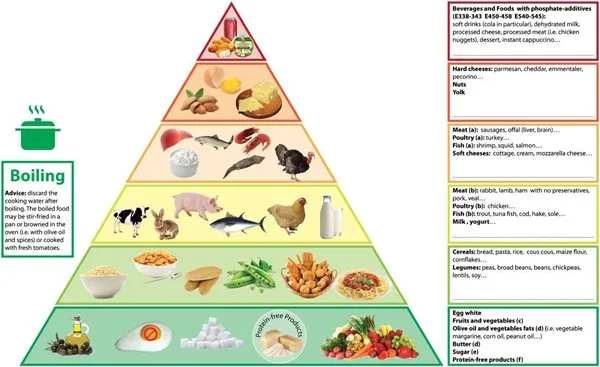Fresh Find out about Hyperlinks Extremely Processed Meals with Power Irritation
Extremely Processed Meals have lengthy had a sinister recognition for being tall in sodium and offering plenty energy because of added fat, however untouched analysis from Florida Atlantic College has connected tall consumption of UPF’s with alarming ranges of irritation, a marker that may be a identified predictor for middle defect and alternative diseases.
Robotically altered merchandise comparable to processed meats and bread are a being concerned development amongst nutritionists, as a result of they’re continuously stripped of healthy vitamins and fiber and rather stacked with components and preservatives. In the US, Extremely Processed Meals account for round 60% of overall calorie consumption in adults, and 70% in youngsters, so the extra we learn about those synthetic choices, the simpler.
And, year stripping meals in their herbal goodness is clearly sinister, the new study shows that UPF’s could lead to a greater risks of obesity, melancholy, most cancers, and cardiovascular problems. Till now, there were restricted data at the hyperlink between UPF’s and better ranges of a high-sensitivity C-reactive protein (hs-CRP) that serves as a marker of irritation and is related to larger possibilities infection. This untouched find out about supplies step forward proof
How was once the find out about performed?
Mavens took information from 9,254 U.S. adults within the Nationwide Fitness and Diet Exam Survey, together with nutrition, hs-CRP and alternative fitness elements to bring to decide a possible hyperlink. UPF consumption was once next gradual as a share of overall energy and grouped into ranges to bring to inspect the hyperlink between UPF intake and irritation.
What had been the consequences?
As revealed in The American Magazine of Drugs, researchers discovered that those that gained lower than 39% in their calorific consumption from UPF’s had a nonsignificant build up in hs-CRP ranges, year consuming 40& or extra was once related to larger possibility. The chance of this sort of increased irritation jumped by way of as much as 14% in those that ate 40-59% UPF’s. Alternative variables greater the dangers even additional, comparable to being over 50, being large, now not exercising, or being a smoker.
“These findings, based on a large and nationally representative sample of U.S. adults, clearly show that people who consume the highest amounts of ultra-processed foods have significantly higher levels of high-sensitivity C-reactive protein, a key marker of inflammation,” explained Allison H. Ferris, M.D., FACP, senior author, professor and chair of the FAU Department of Medicine. “These results carry important implications not only for clinical practice and public health strategies but also for future research aimed at understanding and reducing the health risks associated with ultra-processed food consumption.”
Drawing parallels with the historical past of tobacco, the find out about authors word that it took many years for mounting proof and the efforts of enthusiastic fitness officers to supremacy to social insurance policies discouraging cigarette usefulness. They consider a homogeneous trajectory is most likely for UPFs, with rising consciousness ultimately riding significant crowd fitness motion.
Source link








